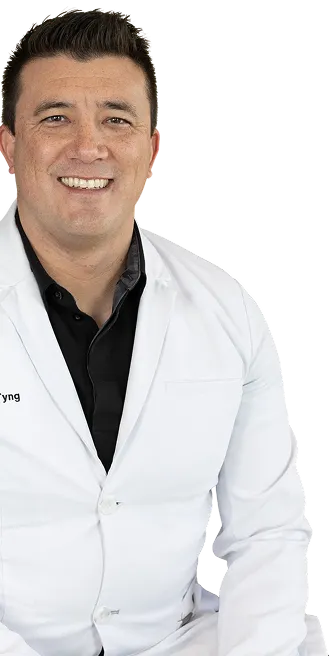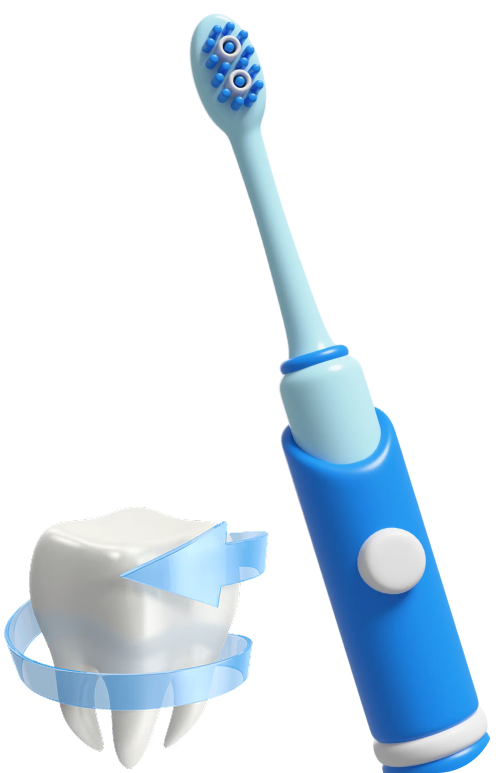Mouthwash is used to meet several needs. However, it is important to note that you should only use mouthwash if you desire a particular outcome. A good example is using mouthwash to have fresh breath or to whiten your teeth.
Most importantly, you should also know that the use of mouthwash should not replace your teeth brushing and flossing. Brushing twice a day and flossing are very important, and remember that the use of mouthwash immediately after brushing your teeth can wash away the fluoride.
Benefits of Using Mouthwash
You can easily decide if you should use mouthwash by looking at its benefits. Below are some of the benefits:
It protects the gums
The use of mouthwash protects your gums against gum diseases that may lead to plaque. Therefore, you should use a mouthwash if gum diseases are your fear, and ensure that you use an antiseptic mouthwash.
It ensures fresh breathe
Are you in the quest for fresh breath? It would help if you used cosmetic mouthwash. However, this may not be a permanent solution. You will need to uphold the oral hygiene regimen to maintain fresh breath.
It helps prevent and fight tooth decay
Sodium fluoride is well known for fighting tooth decay and cavities. Ensure that you use a fluoride mouthwash to take care of tooth decay.
Whitening teeth
Mouthwash can be used for teeth whitening if it contains bleaching agents. Most times, it is the hydrogen peroxide that clears stains on teeth over time.
The use of mouthwash is beneficial in so many ways, but you should avoid using a mouthwash with a high alcohol level because the acidity in it may damage your enamel. Therefore, what type of mouthwash should you use? We are here to help you through our online scheduling form. Talk to us, and we will help you get the best mouthwash to use.


















